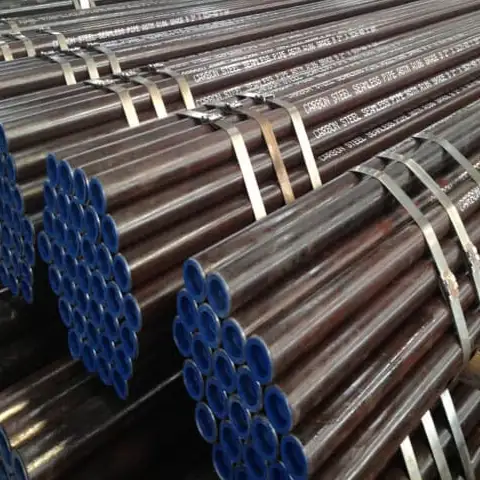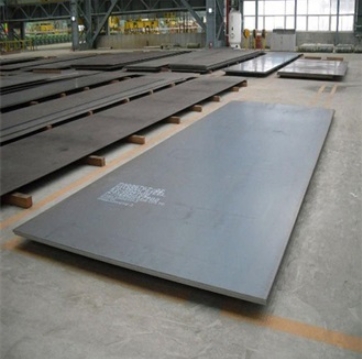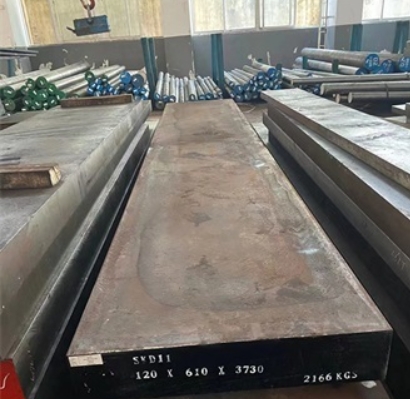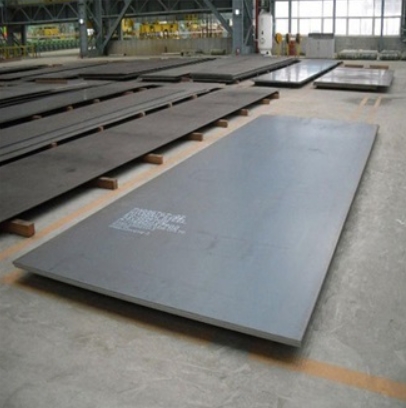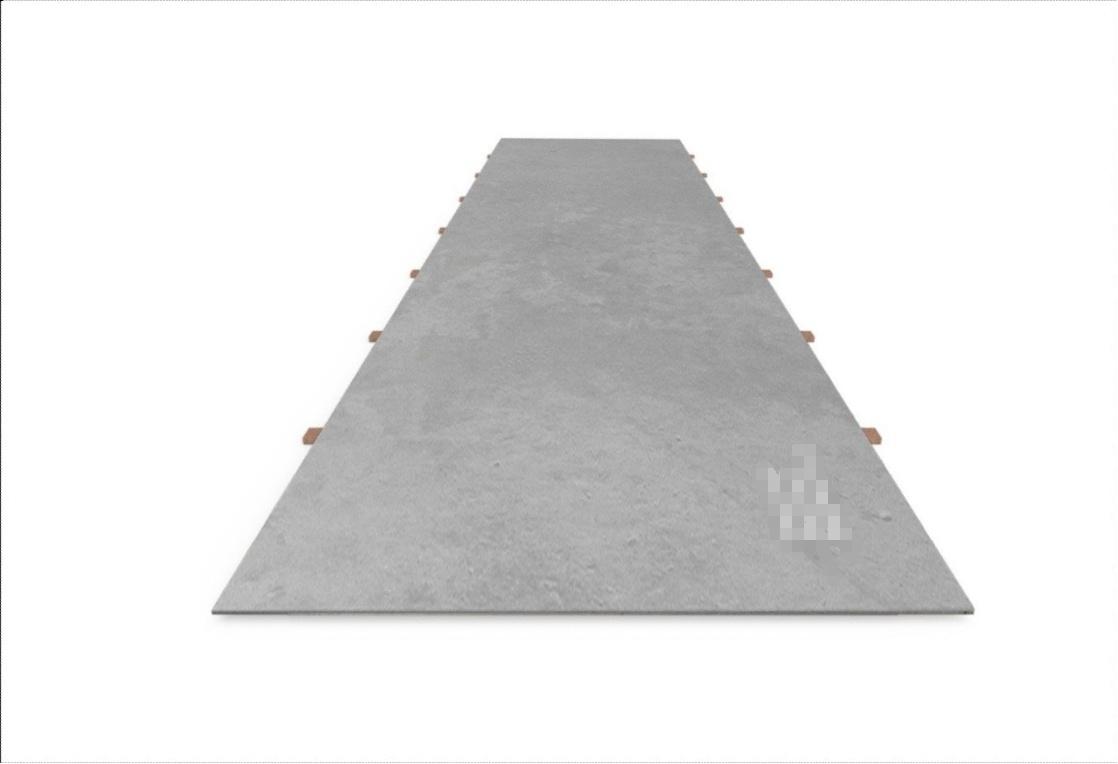When comparing the strength of black titanium and carbon steel, it’s important to understand the unique properties of both materials. Black titanium, often referred to as titanium alloy, is known for its impressive strength-to-weight ratio and high resistance to corrosion. On the other hand, carbon steel is famous for its hardness, durability, and versatility in a wide range of industrial applications. However, in terms of absolute strength, carbon steel tends to outperform black titanium in many areas. Let’s dive deeper into these materials to explore why this is the case.
1. Overview of Black Titanium
Black titanium is an alloy of titanium with additional elements like aluminum, vanadium, or molybdenum. These elements are added to enhance titanium’s strength and hardness while retaining its lightweight properties. The “black” aspect comes from the titanium oxide coating that gives it a unique dark appearance. This material is not just stronger but also highly resistant to corrosion, making it ideal for high-performance applications such as aerospace, medical devices, and high-end watches.
2. Overview of Carbon Steel
Carbon steel, on the other hand, is an alloy made primarily of iron with a varying amount of carbon. The carbon content in steel significantly influences its hardness and tensile strength. Higher carbon content results in a stronger but more brittle material, whereas lower carbon content creates a more malleable material. Carbon steel is widely used in construction, automotive, and manufacturing industries due to its affordability, strength, and ease of processing.
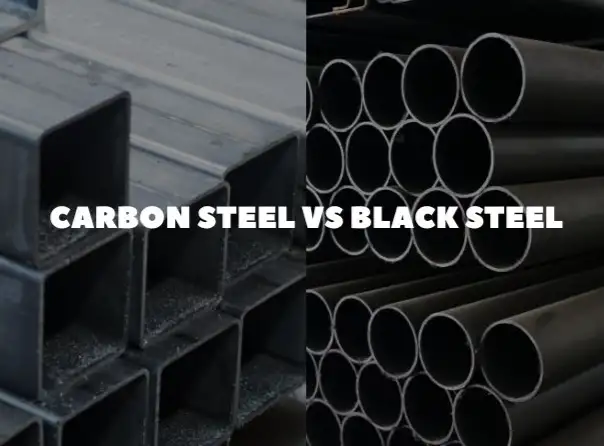
3. Strength Comparison: Black Titanium vs. Carbon Steel
| Material | Tensile Strength (MPa) | Yield Strength (MPa) | Density (g/cm³) | Corrosion Resistance |
|---|---|---|---|---|
| Black Titanium | 900-1100 | 800-1000 | 4.43 | Excellent |
| Carbon Steel | 370-2500 | 250-1500 | 7.85 | Moderate to Low |
-
Tensile Strength: Carbon steel’s tensile strength can vary significantly based on its composition. High-carbon steel, with more carbon content, can exceed 2500 MPa in tensile strength, making it stronger in certain conditions compared to black titanium (900-1100 MPa).
-
Yield Strength: Carbon steel also generally shows higher yield strength in comparison to black titanium, particularly in high-carbon variants.
-
Density: Black titanium is much lighter than carbon steel, which can be advantageous in applications where weight reduction is essential.
-
Corrosion Resistance: Black titanium excels in corrosion resistance, especially in harsh environments like marine or chemical applications, whereas carbon steel is more prone to rusting without proper coating.
4. Why Choose Carbon Steel Over Black Titanium?
While black titanium has its unique advantages, carbon steel is often the go-to material in many industrial applications. The key reason lies in carbon steel’s superior strength in certain grades, particularly when used in construction, automotive, and industrial machinery. For example, in load-bearing applications such as bridges or heavy machinery, carbon steel’s higher tensile and yield strength makes it a more reliable choice.
5. Case Study: Use of Carbon Steel in Construction
A notable example of carbon steel’s strength can be seen in the construction of the Shanghai Tower, where carbon steel beams and columns are used for structural support. The tower stands at 632 meters, and the carbon steel used plays a crucial role in ensuring that the structure can withstand extreme loads and environmental conditions.
6. FAQs
Q1: Which material is more resistant to corrosion?
A1: Black titanium has significantly better corrosion resistance than carbon steel, making it more suitable for marine or chemical applications.
Q2: Can black titanium replace carbon steel in structural applications?
A2: While black titanium is strong, its higher cost and lower tensile strength in comparison to high-carbon steel make carbon steel a better choice for structural applications.
Q3: How does the cost of black titanium compare to carbon steel?
A3: Black titanium is much more expensive than carbon steel due to the materials and processes involved in its production.
Q4: Is black titanium stronger than regular titanium?
A4: Yes, black titanium is stronger than regular titanium because it contains alloying elements that increase its hardness and tensile strength.
Q5: Which material is better for aerospace applications?
A5: Black titanium is often preferred for aerospace applications due to its strength-to-weight ratio and excellent resistance to corrosion, making it ideal for extreme environments.
7. The Advantage of Luokaiwei for Carbon Steel
When it comes to sourcing carbon steel for high-quality and cost-effective solutions, Luokaiwei stands out as a leading supplier. With over a decade of experience, Luokaiwei offers competitive prices for carbon steel products, ensuring that customers get the best quality at affordable rates. Their expertise in providing tailored solutions to global industries ensures that each customer’s unique needs are met with precision. Whether you need carbon steel for construction, automotive, or manufacturing, Luokaiwei’s commitment to excellence guarantees satisfaction.
8. Conclusion
In conclusion, while both black titanium and carbon steel have their own merits, carbon steel generally offers superior strength, especially in high-strength variants. Black titanium, however, excels in corrosion resistance and lightweight applications. Depending on the specific requirements of your project, choosing the right material can significantly impact performance, cost, and durability.
References
- Titanium and Titanium Alloys: Properties and Applications – Titanium International
- Carbon Steel vs. Stainless Steel: Strength and Applications – University of Manchester
- Steel Market Development Institute – Steel.org
- Materials Project – Comprehensive Materials Database
- Engineering News and Insights – Engineering.com



